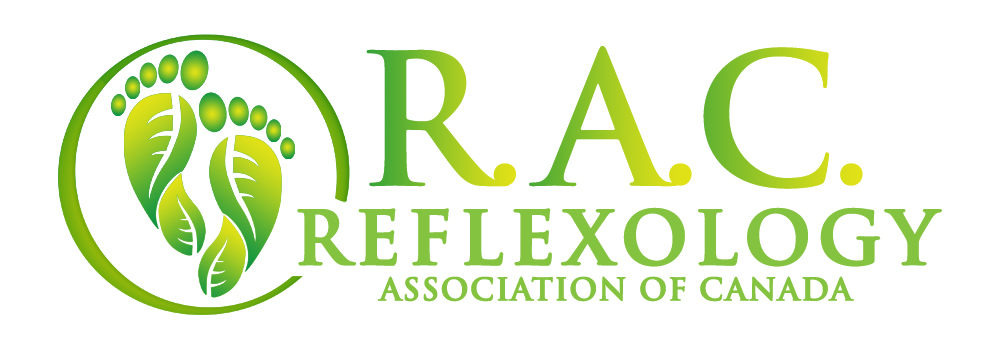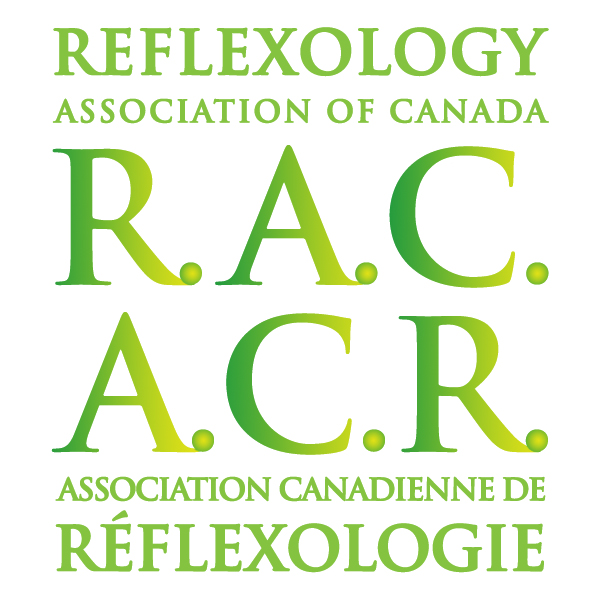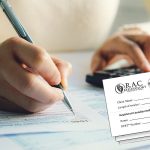Click on the button below to download our Code of Ethics.
Code of Ethics
for Registered Canadian Reflexology Therapists (RCRT™)
Introduction
The Reflexology Association of Canada’s (RAC) reputation is one of its most precious assets and protecting that standing in the reflexology community is of fundamental importance. Therefore, it is the policy of RAC to ensure that its members act according to the highest ethical, professional, and legal standards, with diligence, care, and skill in their practice.
Registered Canadian Reflexology Therapists (RCRTs™) are entrusted with the responsibility to uphold the highest standards of professional, ethical, and compassionate care. This Code of Ethics outlines the professional and personal responsibilities of a RCRT™. It affirms a therapist’s commitment to client-centered care, personal integrity, ethical business practices, and accountability to the public and the profession.
This Code of Ethics is to be read alongside RAC’s Standards of Practice, Scope of Practice, and Disciplinary Procedures, which together ensure safe, ethical, and accountable reflexology therapy.
Code of Ethics
1. Respect for Self
RCRTs™ shall:
- Strive for physical, emotional, mental, and spiritual well-being to sustain their ability to serve others effectively.
- Maintain and improve their professional competence through continuous learning, self-reflection, and development throughout their careers.
2. Commitment to the Profession
RCRTs™ shall:
- Support and elevate the profession by maintaining membership and participating in professional organizations that promote reflexology therapy.
- Educate the public and contribute to community awareness and acceptance of Reflexology as a valuable wellness practice.
- Conduct themselves in a manner that enhances the reputation and credibility of Reflexology therapy.
- Collaborate respectfully and knowledgeably with other healthcare providers, fostering mutual understanding and inter-professional cooperation.
- Respect the diversity of healing practices and health care professionals without prejudice or discrimination.
3. Client-Centered Ethical Practice
RCRTs™ shall:
- Provide services with compassion, honesty, respect, and integrity, prioritizing the health, safety, and comfort of each client.
- Promote open, honest communication and foster informed, voluntary client-therapist relationships.
- Encourage clients to make their own health care decisions and respect their autonomy and values without imposing personal beliefs.
- Respect the confidentiality of client information at all times, disclosing only when legally required.
- Ensure that services are provided only by those who are adequately trained and qualified, and shall not delegate care to unqualified individuals.
4. Professional Integrity and Business Ethics
RCRTs™ shall:
- Accurately represent their training, credentials, and the scope of Reflexology therapy.
- Avoid making false or misleading claims about Reflexology’s effects or outcomes.
- Clearly present fees, financial policies, and receipt practices as outlined in detail in RAC’s Standards of Practice and accompanying guidelines.
- Refrain from exploiting the client-therapist relationship for personal, financial, or professional gain.
- Maintain appropriate professional boundaries in all therapeutic interactions.
5. Respect for the Profession and the Association
RCRTs™ shall:
- Not use or exploit the Association for personal gain, self-promotion, publicity, or to advance or espouse beliefs that as a basis for advancing or espousing any beliefs which are contrary to the aims and objectives of the Association or are in conflict with the RAC’s Code of Ethics.
- Not seek to attract business unfairly or unprofessionally or in any manner that would discredit the reputation of the Association or the practice of reflexology.
- Not speak or write disrespectfully of the Association, fellow members, other RCRTs™, or the profession of reflexology.
6. Accountability and Representation
RCRTs™ shall:
- Act in ways that reflect positively on themselves, their profession, and the Reflexology Association of Canada.
- Report unethical or harmful conduct and participate in investigations or professional reviews as required.
- Use the RCRT™ designation only when in good standing and in compliance with the standards, policies, and regulations of the Association.
Examples of Unprofessional Conduct
The following are examples of conduct that may be considered unethical or unprofessional and could result in disciplinary action under RAC’s Ethics and Disciplinary Procedures.
These examples are not exhaustive. Any behaviour that undermines the profession’s credibility, violates client trust, or breaches RAC’s Standards of Practice may be subject to review.
- Practicing outside RAC’s Scope of Practice (e.g., diagnosing, prescribing, or claiming to cure medical conditions) when operating as an RCRT™;
- Issuing receipts for services not provided or misrepresenting service details;
- Failing to obtain or document informed consent before a reflexology therapy session;
- Breaching client confidentiality without legal or ethical justification;
- Using the RCRT™ designation while not in good standing or after resignation;
- Disrespectful, harmful, or discriminatory behaviour toward clients, colleagues, or the public; and
- Exploiting the client-therapist relationship for financial, personal, or professional gain.







